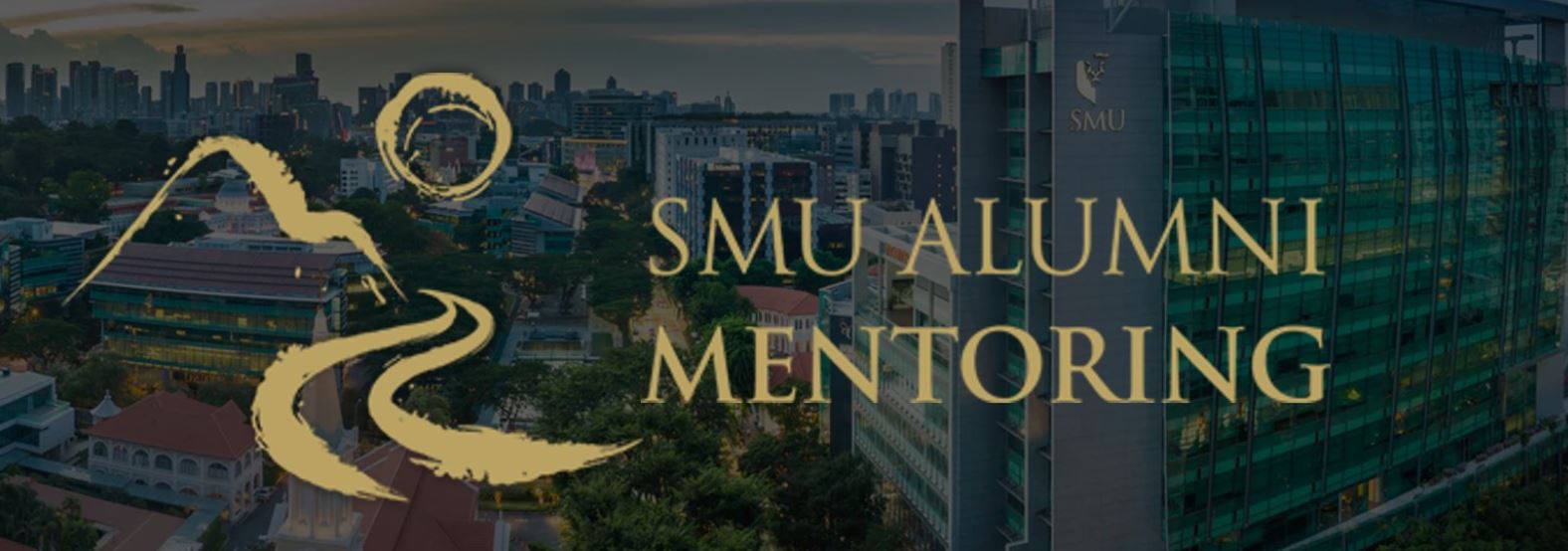
Driving Alumni Engagement Through Student-led Club, The Mentoring Circle
From the Nominator
While Alumni Mentoring Programme is not a new or novel idea for universities to engage their alumni, The Mentoring Circle is a ground-up initiative started by three soon-to-graduate seniors back in early 2017 to bridge the gaps sometimes found in alumni mentoring programmes, and to elevate the entire mentoring experience for all participants, with a grander vision to transform individuals into strong people builders. Trial-run by the team as Coffeechats: Mentoring by Coffee, the social movement gained a lot of traction from the student population and, with a strong demand, came the birth of TMC to become an established and official student club. Founded on the principles of giving and professional excellence, TMC envisions an SMU where future generations are consistently better than the last through strong mentorship. It is a peer-to-peer mentoring and networking program that focuses on early professional development through mentorship from senior to junior students. Going beyond the traditional one-on-one mentoring or group mentoring, TMC builds a strong community where the learning and sharing is not limited to the assigned mentor-mentee pair. They tap on the SMU networks to create many engagement events and initiatives throughout the year-long programme, for their members to gain from the collective wisdom of their senior student mentors and also the alumni community. What resulted is a never-before and wholesome mentoring experience for our students, and a meaningful platform of engagement with our alumni.
From the Judges
This submission was an exceptional representation of a mentoring program done well, and additional praise is due for being facilitated by students rather than staff. The unique aspect of junior/senior mentorship, in addition to alumni mentor connections, made this submission stand out. Not only do students benefit from participating in smaller community-building events, and larger networking and speaker events as part of the program, but an affinity network of young alumni is developed as a byproduct. These recent graduates have a clear path for giving back to the university by serving as mentors. The organizers have a clear understanding of student needs, and found innovative ways to build touchpoints into the mentor program through various engagement events. The impact has yielded high participation models, and serves as a model program which could be easily adopted at other universities through the program’s clear “METES” approach to engagement.







